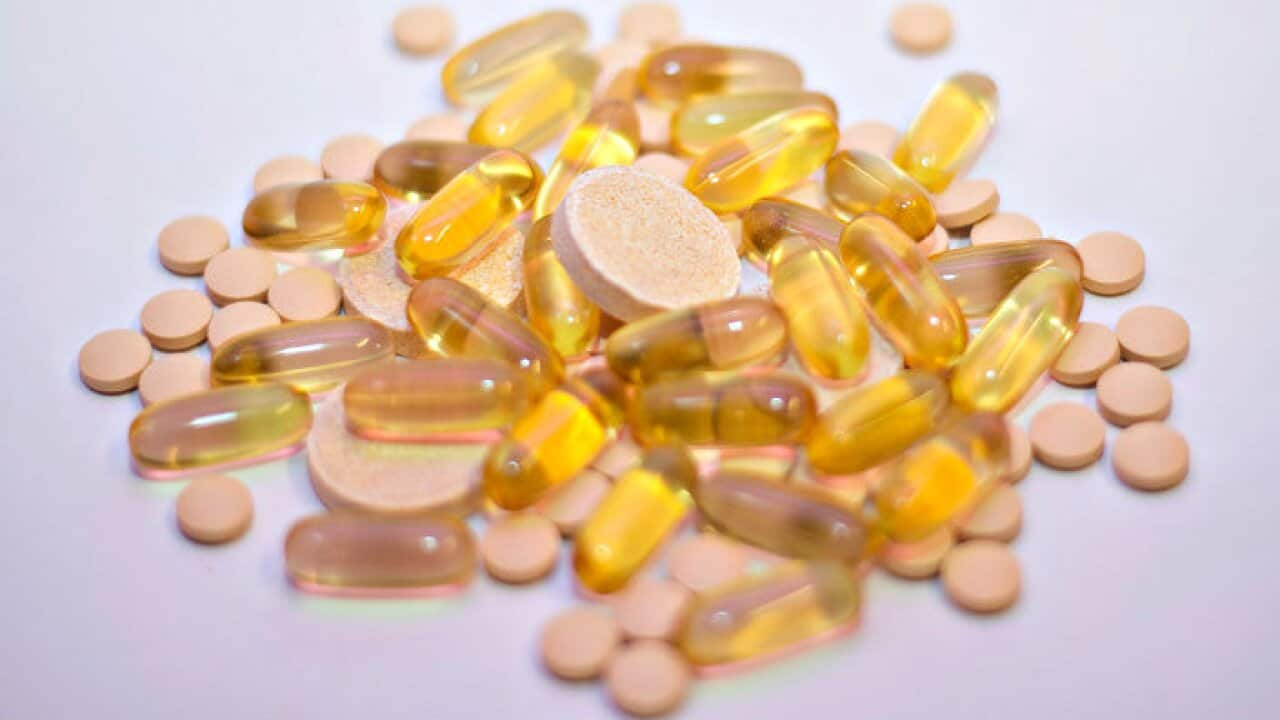More than half of Australians spend 10 billions dollars each year for vitamins and mineral supplement.
According to some research, it has little health improvement and in some circumstance it might actually do harm rather than help, or even risking life.
Nutritional scientist and dietician Rob Haala, at the Melbourne-based dietitian practice Nutrition For Life, says they are not very beneficial especially when someone is healthy. It is how much our body can absorb and use vitamins and mineral we ingest.
Professor David Jenkins at the University of Toronto, in Canada has also concluded a new research that vitamins or mineral supplement for instance vitamin C, D and multivitamin or calcium do little or no benefit when it comes to treating or preventing serous conditions like heart diseases.
For the research, an international team of nutritional scientists analyzed all the published trials on the effect of supplement use.
Professor Jenkins says, whereas some supplements such as folic acid were effective in preventing stroke in regions such as China, researchers found niacin, or Vitamin B3, and antioxidants may actually cause harm.
"We saw that antioxidant mixtures were not helpful -- in fact, had a small signal, a very small signal, for increased risk of all-cause mortality, death by any cause," said Professor Jenkins.
Dr Ian Musgrave, from the faculty of medicine at the University of Adelaide, says the risk was small, but real, and the findings were similar to research conducted about supplement use in cancer patients.
"We’ve also known from studies trying to prevent cancer that the fat-soluble antioxidant vitamins, in fact, cause more problems, and, indeed, they’re associated with an increase in lung cancer in smokers."
Complementary Medicines Australia says Australian consumers have access to the safest and highest-quality products, meeting pharmaceutical standards and Therapeutic Goods Administration guidelines.
Dietitian Rob Haala's advice for the average person is simply to get back to basics.
"So, going for our fruits and vegetables, going for our wholegrains, going for our oily fish, our avocado and nuts and seeds, and focusing on the positive things you can be eating."#
Listen more news in Hmong and English at SBS Radio Hmong Program on www.sbs.com.au/hmong Thursday at 6pm AEDT-Australian Eastern Standard Time and Sunday at 11 am AEDT.
You can download SBS Radio App from App Store at https://apple.co/2pLgvCX and from Google Play at http://bit.ly/2GuIRv or you can download podcasts news in Hmong and English from www.sbs.com.au/podcasts/yourlanguage/hmong.
Besides, you can follow us, click like, share and comments at #SBSHmong website at www.facebook.com/sbshmong.





